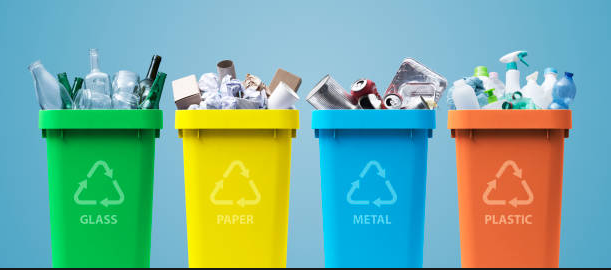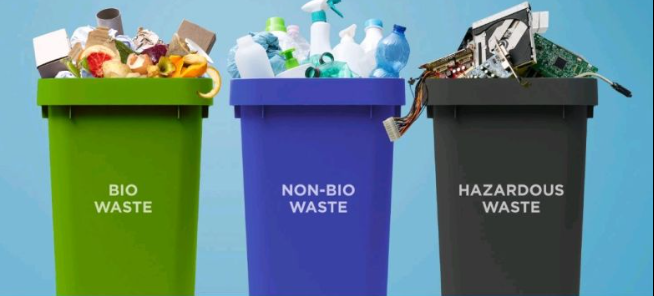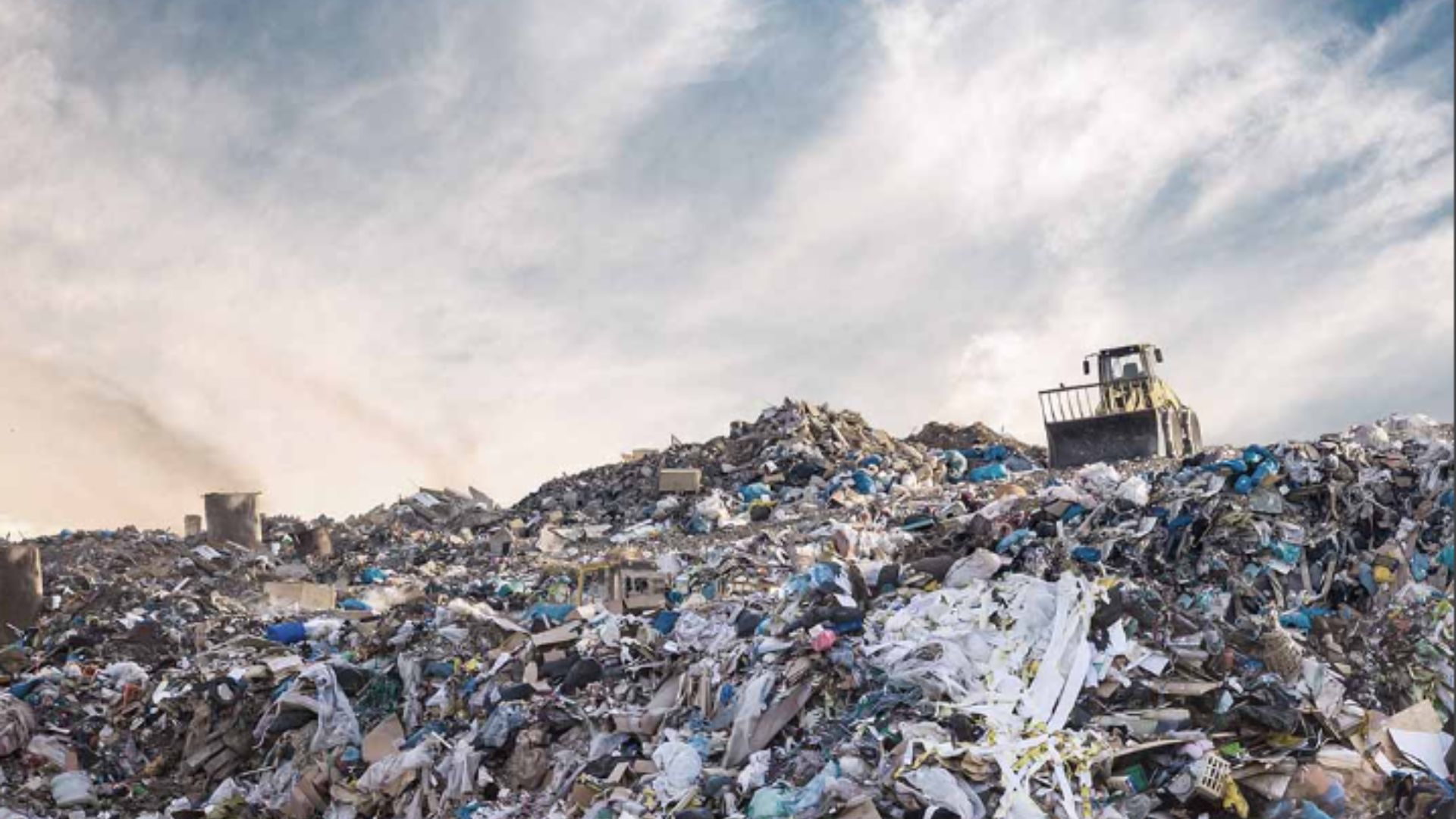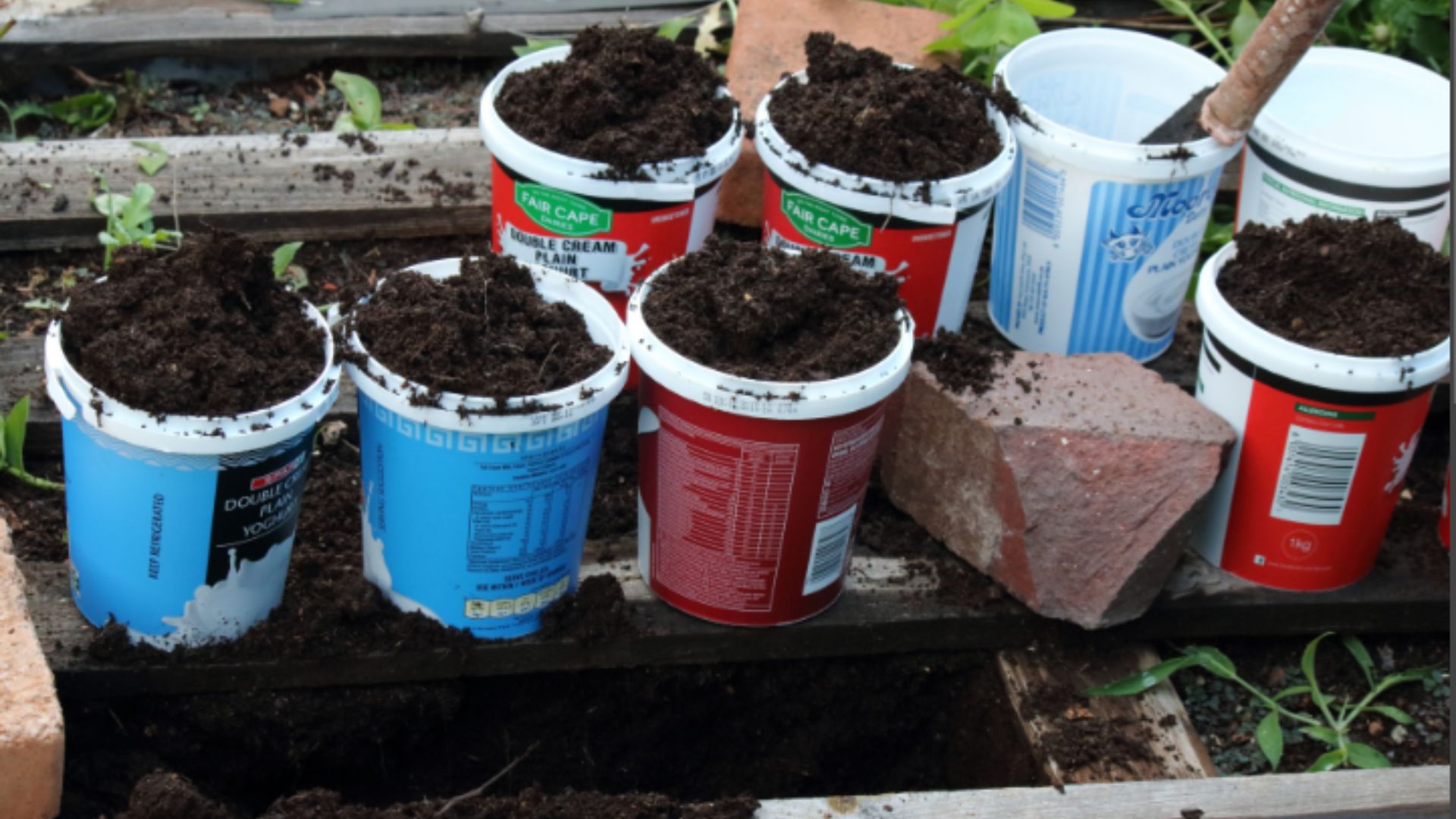In today’s world, reducing our environmental impact is more important than ever. Fortunately, there’s a simple yet powerful framework to guide us – the Three R’s of Waste Management: Reduce, Reuse, and Recycle. By embracing these principles in our everyday lives, we can significantly minimize the amount of waste we generate and contribute to a more sustainable future. This blog post looks into each R of waste management, offering practical tips and insights to help you become a waste-conscious consumer.

Reduce: Consuming Less is the Ultimate Form of Waste Management
The most effective way to manage waste is to avoid creating it in the first place. Reduce focuses on consuming less and making mindful choices throughout your daily routine. Here are some ways to embrace reduction:
-
Plan your meals
Reduce food waste by planning your meals, creating a grocery list, and sticking to it.
-
Choose reusable items
Opt for reusable shopping bags, water bottles, and coffee mugs instead of disposable alternatives.
-
Embrace minimalism
Avoid impulse purchases and prioritize quality over quantity. Consider borrowing or renting items you need infrequently.
-
Repair instead of replace
Whenever possible, extend the lifespan of your belongings by repairing them instead of discarding them for minor issues.
Reuse: Giving New Life to Old Items
Reuse encourages finding new ways to utilize items that have reached the end of their original purpose. This not only saves money but also reduces the demand for virgin resources. Get creative with reuse by:
-
Donating or selling pre-loved items
Give clothes, books, or furniture a second life by donating them to charity organizations or selling them online.
-
Repurpose old containers
Transform old jars, bottles, or containers into storage solutions, planters, or craft projects.
-
Get crafty with damaged items
Don’t throw away clothes with minor tears! Learn basic repair techniques or get creative by repurposing damaged fabric into something new.
Recycle: Transforming Waste into Valuable Resources
Recycle involves processing used materials into new products. While recycling is important, it should be seen as a last resort after Reduce and Reuse. Here are some key points to remember about recycling:
-
Know your local recycling guidelines
Different locations have varying recycling regulations. Familiarize yourself with what materials are accepted in your area and how to properly sort them for recycling.
-
Recycle responsibly
Avoid “wishcycling” – putting non-recyclable materials in the recycling bin. Contamination can render entire batches unusable. Support companies with recycled content products: Choose products made with recycled materials to increase demand for this sustainable practice.
The Power of the Three R’s: Working Together for a Sustainable Future
The Three R’s of Waste Management – Reduce, Reuse, Recycle – form a powerful framework for minimizing waste. By prioritizing reduction, finding creative ways to reuse, and responsibly recycling what can’t be avoided, we can collectively reduce our environmental footprint and conserve precious resources for future generations. Remember, even small changes in your daily habits can make a significant difference.
Beyond the Three R’s: Embracing a Sustainable Lifestyle
While the Three R’s are a great starting point, there’s always more we can do to live sustainably. Consider composting food scraps, supporting local businesses that prioritize sustainability, and advocating for policies that promote waste reduction and resource conservation. Every action, big or small, contributes to a healthier planet.
Conclusion: A Sustainable Future Starts Now
Adopting the Three R’s of Waste Management is a simple yet impactful way to create a more sustainable future. By reducing consumption, reusing what we can, and responsibly recycling, we can collectively minimize waste and conserve resources. Let’s embrace these principles and work together to create a healthier planet for ourselves and future generations. Remember, the journey towards sustainability starts with a single step – yours!



